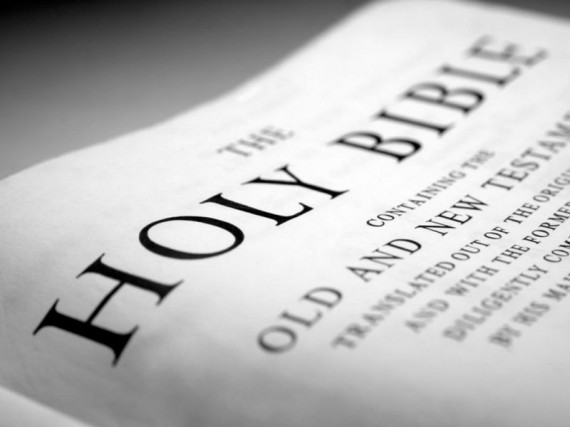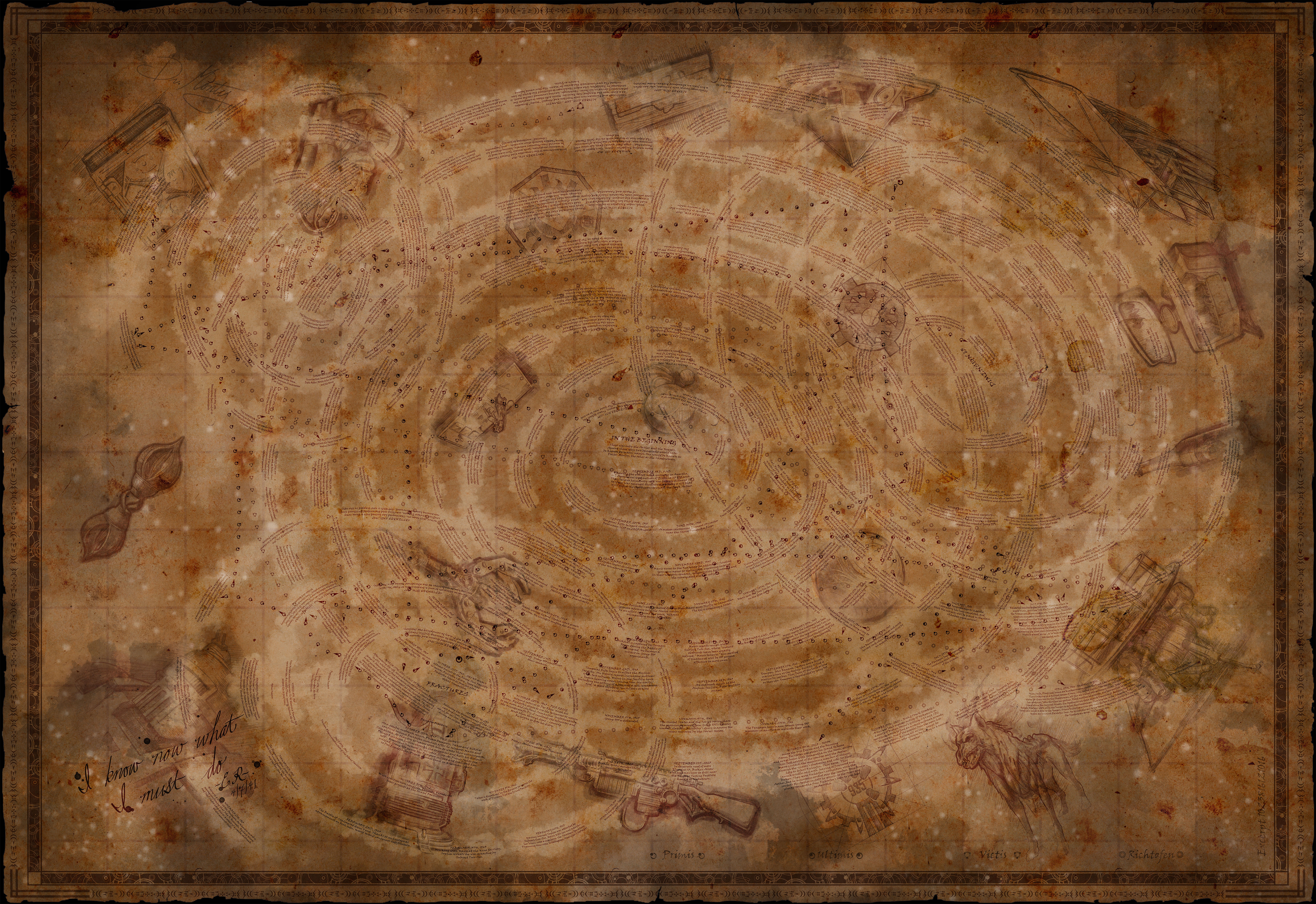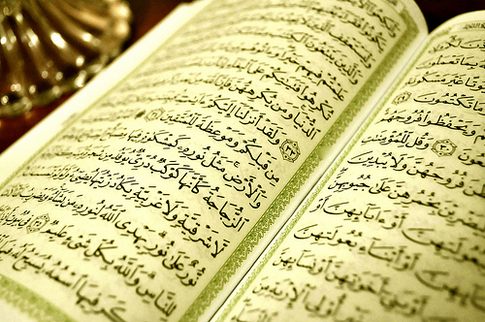In
the beginning, writing the sermon was a difficult task to say the least. I've
never personally gone to church and been present for one. And looking through
the Bible and writing my own in my eyes was going to be a mess. How was I going
to start it? What would I be talking about? How would I make it convincing? These
were the lingering thoughts I had as I attempted to write it. Thankfully,
Samuel Proctor laid out four points that immensely helped in the process.
1.
Is the universe friendly place?
2. Can this package of urges be reconciled to the will of
God?
3. Is true community possible?
4. Is our space time frame of reference the only
one, or is there more?
First
and foremost, writing the sermon came right before finals week. My mind was
almost entirely focused on what I had to do for that week. I knew I was going
to stress, and I knew I would keep pushing this off because of procrastination.
With that said, I began to think about the idea of procrastination and that of
the second point of carnal urges being reconciled with. It was with this
connection that I found my inspiration for my sermon, but I also found that
focusing on that could branch out to all four as well.
In
my sermon, I quote Ephesians 3;14-19, in which it shares;
For
this reason I bow my knees before the Father, from whom every family in heaven
and on earth is named, that according to the riches of his glory he may grant
you to be strengthened with power through his Spirit in your inner being, so
that Christ may dwell in your hearts through faith- that you, being rooted and
grounded in love, may have strength to comprehend with all the saints what is
the breadth and length and height and depth, and to know the love of Christ
that surpasses knowledge, that you may be filled with all the fullness of God.
The
fullness of God, the power he gives us to overcome difficulty, and the ability
to live a more diverse life nails the first point because in overcoming
difficulty we know God is there. Then, my sermon was about overcoming
procrastination, in which fulfills the second. Next, the ability to live a
full and accomplished life is that of the fourth point, our space time frame of
reference. Finally, because of finals week, the sermon was relatable and in
doing so made it readily assessable for genuine community to occur.
At
the end of the day, it was at first difficult to compose a sermon. However,
after reading Proctor’s four points, it was much easier to set my own base
line, but also become inspired by the ever looming evens that were about to
unravel. It to me, set the foundation for my finals week and honestly helped my
through it. In other words, I found my own religious inspiration this project.




